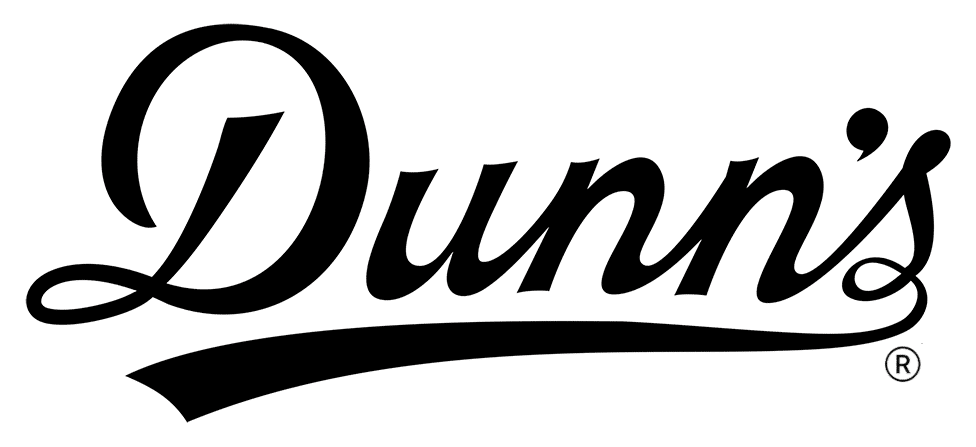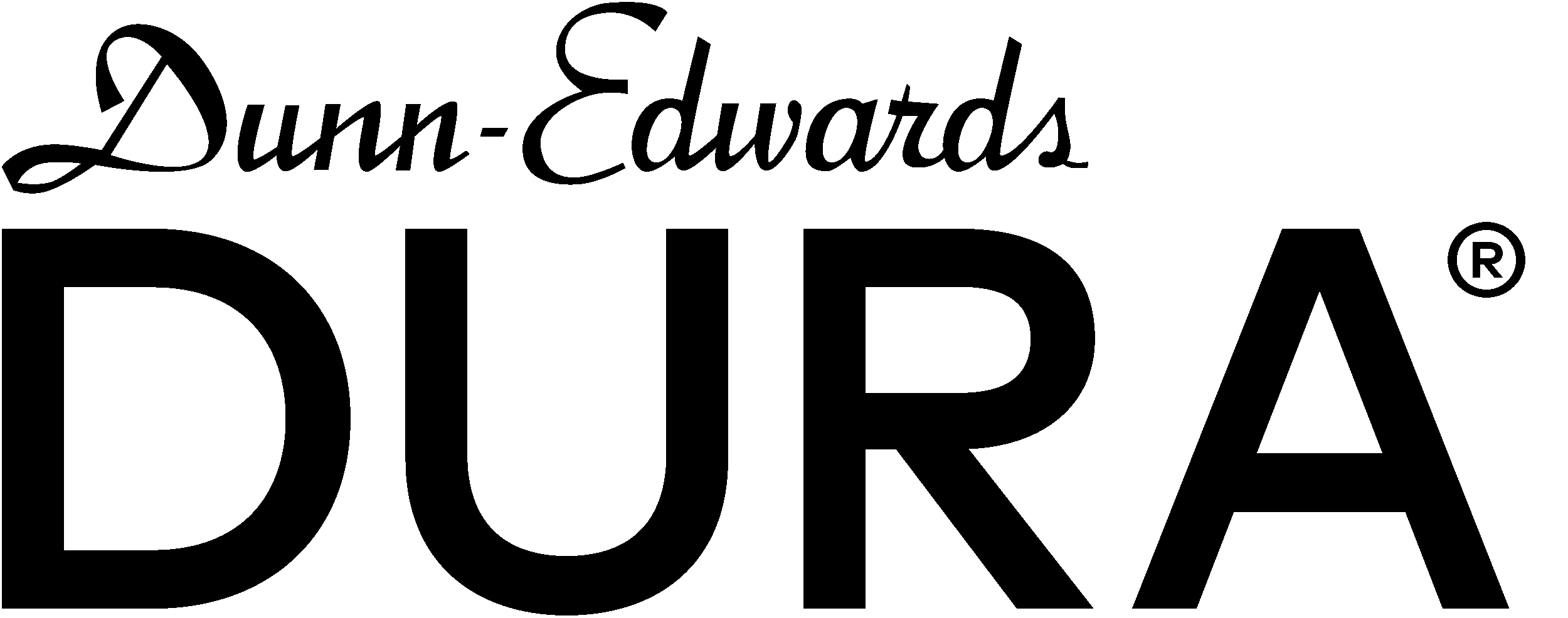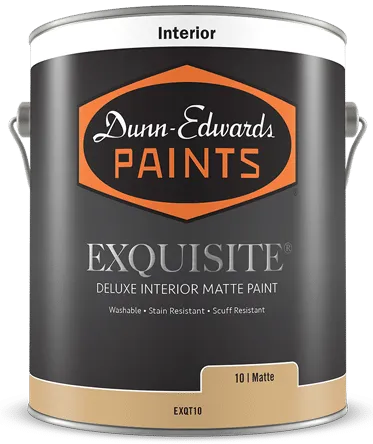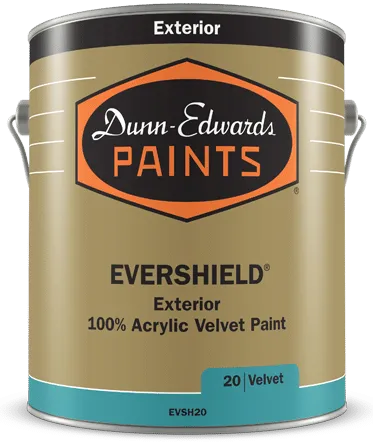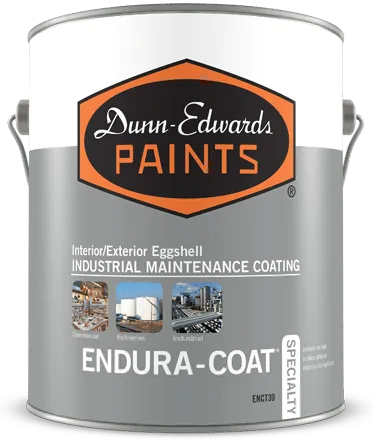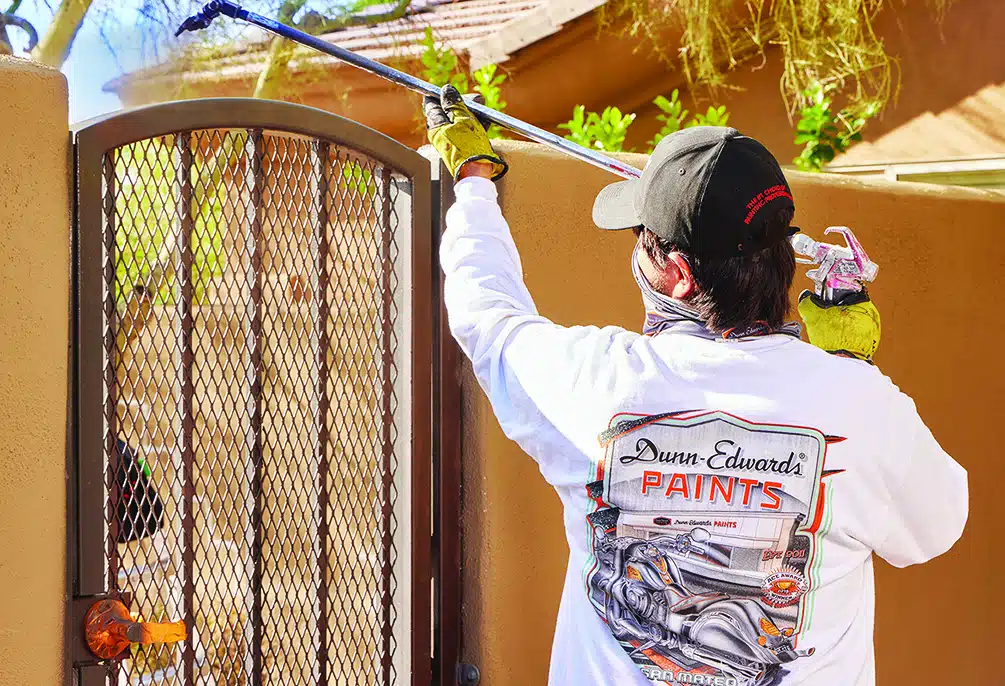Expand Your Business with Government Projects
10/07/2016 | Dunn Edwards |
Running a small business means you most likely spend as much (if not more) time drumming up new business as you do on the actual projects, themselves. Also, chances are your search is limited to nearby homeowners and local businesses, as many small-business owners don’t think they are big enough to compete for government projects but — fact is — there are numerous opportunities to “think big,” throw your hat in the government ring and grow your business!
Every year, the federal government purchases about $400 billion in goods and services from the private sector. When research determines that the needed products or services can be fulfilled by small businesses, those opportunities are set aside. These small-business “set-asides” are powerful tools for helping small businesses compete for (and win) federal, as well as local, agency contracts.
In addition, the U.S. Small Business Administration (SBA) works with federal executive agencies to award at least 23 percent of all government contracts to small businesses. These awards include specific statutory goals for small, disadvantaged businesses (5 percent to woman-owned small businesses and 3 percent to service-disabled, veteran-owned small businesses).
When it comes to local agencies, opportunities for small businesses come in the form of percentage preferences as well as “set-asides”. These are often used by local agencies to support regional small businesses. Here’s an example of a 5 percent preference: Company “A” is a large business and bids $100 to complete a task. Company “B” is a registered small business and also bids $100. With the 5 percent preference, the Company “B” bid response is considered to be $95 and is, therefore, considered the low bid.
Most states and local agencies follow the federal guidelines for awarding contracts to small businesses — yet, some states go further. For example, in California, it is mandated that 3 percent of all publicly funded construction dollars be spent with a California-certified Disabled Veteran Business Enterprise (DVBE).
Am I a “small business” in the eyes of the government?
That depends on a number of factors, as the term “Small Business Enterprise” has sub-groups that are defined by the Federal Government and various states. That said, if you wish to register for government contracting as a small business, you must adhere to industry size standards in regard to your number of employees or your annual revenue, as established by the SBA.
In general, by federal guidelines — as well as in most states — the threshold for painting contractors is an annual, three-year average revenue less than $7 million, with no minimum or maximum on number of employees.
Federal Government Definitions for Small Business Enterprises
Small Business — As defined by Federal Acquisition Regulation (FAR) 19.001, “small business” means a concern, including its affiliates, that is independently owned and operated, not dominate in the field of operation in which is bidding on government contracts, and qualified as a small business under certain criteria and size standards in Title 13 Code of Federal Regulations (CFR) part 121. Such a concern is “not dominate in its field of operation,” when it does not have a controlling or major influence, on a national basis, in a kind of business activity in which a number of business concerns are primarily engaged. In determining whether dominance exists, consideration shall be given to all appropriate factors, including volume of business, number of employees, financial recourses, competitive status, ownership or control of materials, processes, patents, license agreements, facilities, sales territories, and nature of business activity.
Small Disadvantaged Business — As defined by FAR 52.219-23, a “small, disadvantaged business concern” means an offeror that is a small business under the size standard applicable to this acquisition. In addition, the concern is owned by one or more disadvantaged individuals and the net worth of each individual upon which the certification is based does not exceed $750,000 (after taking into account the applicable exclusions set forth in 13 CFR 124.104).
Woman-owned Small Business — As defined in FAR 52.219-1, this is a small business concern that is at least 51 percent owned by one or more women or — in the case of any publicly owned business — at least 51 percent of the stock is owned by one or more women and the management and daily business operations are controlled by one or more women.
Veteran-owned Small Business — As defined in FAR 52.219-1, a veteran-owned small business must be at least 51 percent owned by one or more veterans as defined in 38 U.S.C. 101(2). In the case of any publicly owned business, at least 51 percent of the stock must be owned by one or more veterans and the management and daily business operations are controlled by one or more veterans.
Service-disabled, Veteran-owned Small Business — As defined in FAR 52.219-1, this type of small business is at least 51 percent owned by one or more service-disabled veterans as defined by 38 U.S.C. 101(2). In the case of any publicly owned business, at least 51 percent of the stock is owned by one or more service-disabled veterans and the management and daily business operations are controlled by one or more service disabled veterans or — in the case of a veteran with a permanent and severe disability — the spouse or permanent caregiver of such veteran. “Service-disabled” veteran is as defined in 38 U.S.C. 101, with a disability that is service connected, as defined in 38 U.S.C. 101(16).
How do I register?
First, you will need to register in the System for Award Management (SAM), you will also self-certify your business as small. You can register at www.sam.gov.
In addition to registering with SAM, you are required to get a data universal number system (D-U-N-S) number, which is a unique nine-digit identifier for businesses. It is used to establish a business credit file, which is often referenced by lenders and potential business partners to help predict the reliability and/or financial stability of the company in question.
To get a D-U-N-S number you will need:
- Legal name
- Business name and address
- A Doing Business As (DBA) name
- Mailing address
- Telephone number
- Contact name and title
- Number of employees
- NAICS code (painting contractor NAICS is 238320)
Dunn-Edwards partners with Galaxie Defense Marketing Services
In order to serve painting professionals even better, Dunn-Edwards recently announced its partnership with Galaxie Defense Marketing Services (GDMS) to sell paint and sundry products to federal, state and local government agencies through GDMS contract vehicles. Galaxie Defense Marketing Services (GDMS) is a 35-year-old, certified service-disabled veteran-owned, government/defense sales and marketing services company in San Diego, Calif.
With this collaboration, Dunn-Edwards, the foremost manufacturer and supplier of premium architectural and industrial coatings in the Southwest, GDMS now provides convenient, single-source access to a vast array of products.
So, if you’re looking for a way to expand your small business and increase revenue, stepping into the government contract ring might be a perfect opportunity to just that, as the time has never been better! Below are some helpful links to assist you in getting registered. Happy painting!
U.S. Small Business Administration
www.sba.gov
California Department of General Services for Small Business Certification
www.dgs.ca.gov/pd/Programs/OSDS/GetCertified
Arizona Department of Administration — Department of General Services
www.doa.az.gov/general-services-division
Nevada Small Business Development Center
www.library.unlv.edu/smallbusiness/smallbusiness
New Mexico Small Business Development Center
www.nmsbdc.org/starting-a-business
Texas State Procurement
www.comptroller.texas.gov/purchasing
